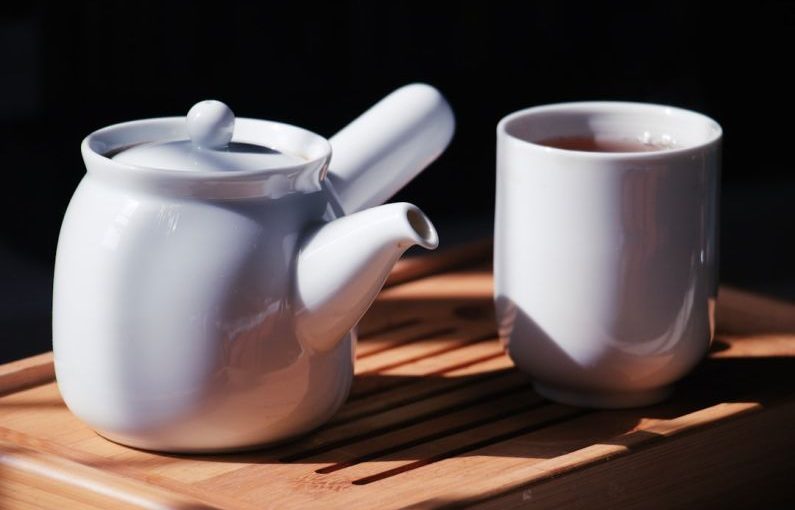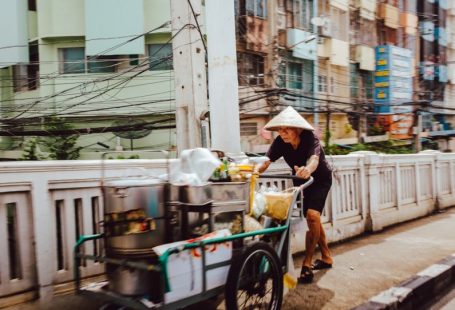Tea is more than just a beverage; it is a cultural cornerstone in many countries around the world. From elaborate tea ceremonies to casual afternoon tea gatherings, the significance of tea goes beyond its taste and aroma. Let’s explore how tea has become an integral part of the cultural fabric in various countries.
China: The Birthplace of Tea
It all began in China, where tea has been consumed for thousands of years. The Chinese view tea as a symbol of harmony, respect, and purity. The traditional Chinese tea ceremony, known as gongfu cha, is a highly ritualized practice that involves precise movements and specific utensils. Tea is not just a drink in China; it is a way of life that reflects the country’s deep-rooted traditions and values.
Japan: The Art of Tea
In Japan, tea is elevated to an art form through the practice of chanoyu, or the Japanese tea ceremony. This centuries-old ritual emphasizes mindfulness, simplicity, and respect. The Japanese tea ceremony is a choreographed performance that involves specific gestures, movements, and etiquette. Matcha, a powdered green tea, is often used in these ceremonies, symbolizing purity and tranquility. Tea houses in Japan serve as serene spaces where guests can experience a moment of peace and connection with nature.
India: Chai Culture
In India, tea holds a special place in the hearts of millions. Chai, a spiced tea brewed with milk and sugar, is a staple in Indian households and a common sight on bustling streets. Chai wallahs, or tea vendors, can be found on every corner, serving up steaming cups of chai to locals and visitors alike. Chai is more than just a beverage in India; it is a social lubricant that brings people together, fostering conversations and connections.
England: Afternoon Tea Tradition
The tradition of afternoon tea is a quintessentially English custom that dates back to the 19th century. Introduced by Anna, the Duchess of Bedford, afternoon tea became a fashionable ritual among the English aristocracy. Today, afternoon tea is enjoyed by people of all backgrounds as a way to relax and indulge in sweet treats and savory delights. Scones, sandwiches, and pastries are typically served alongside a pot of freshly brewed tea, creating a delightful experience that is steeped in tradition.
Morocco: Mint Tea Ritual
In Morocco, tea is more than just a drink; it is a symbol of hospitality and friendship. Mint tea, or “atay,” is a sweet and refreshing beverage that is served throughout the day. The preparation of mint tea is a ceremonial act that involves multiple pourings to ensure the perfect balance of flavors. In Moroccan culture, sharing a glass of mint tea is a gesture of warmth and welcome, symbolizing the importance of hospitality and connection.
Russia: The Samovar Tradition
In Russia, tea is a beloved beverage that is enjoyed in both casual settings and formal occasions. The samovar, a traditional Russian tea urn, is a symbol of hospitality and conviviality. Russian tea culture is centered around the samovar, which is used to brew strong black tea that is diluted with hot water. Tea drinking in Russia is a social activity that brings friends and family together, fostering camaraderie and conversation.
Tea: A Global Symbol of Connection
From the intricate tea ceremonies of Japan to the casual chai stalls of India, tea serves as a universal symbol of connection and community. Across cultures and continents, the act of sharing a cup of tea transcends language and borders, bringing people together in a moment of warmth and camaraderie. As we raise our teacups in a toast to tradition and togetherness, let us savor the cultural richness and significance of tea in our world.





